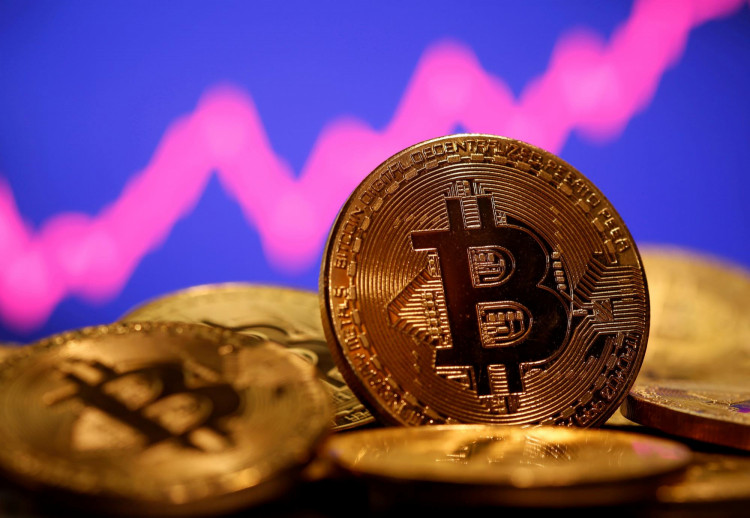Nigeria has one of the most dynamic peer-to-peer (P2P) virtual currency trading markets in the world, and within the last few months, the country has emerged as a legit "Bitcoin nation." But a new directive from the central bank is about to change that label.
The Central Bank of Nigeria ordered banks and other financial companies to close down accounts transacting in or operating digital currencies, warning of sanctions if they fail to comply.
"The bank hereby wishes to remind regulated financial institutions that dealing with cryptocurrencies or facilitating payments for electronic currency exchanges is prohibited," CBN said in a statement quoted by Agence France-Presse.
CBN's new directive comes after massive demonstrations in October against the excesses of the police's Special Anti-Robbery Squad (SARS), which saw organizers receiving cryptocurrencies for funding after the government was said to have restricted local payment services from collecting donations.
In response to a Friday letter from the CBN, Binance has decided to temporarily stop all deposits in the Nigerian naira, the country's local fiat currency, CoinDesk reported Saturday.
The new tough stance also asks financial institutions to identify persons and or entities involved in the transaction or operation of Bitcoin exchanges within their systems and "ensure that such accounts are closed immediately."
The order does not prevent users of P2P digital currency marketplaces like LocalBitcoins or Paxful from acquiring and selling electronic money through means other than a bank account.
According to Paxful, Nigerians pay more attention to Bitcoin because virtual currencies offered income-generating opportunities by opening retailers to the world markets.
A P2P service is a decentralized system whereby two individuals interact directly with each other, without the participation of a third party. Instead, the seller and buyer do business directly with each other through the P2P platform.
A central bank spokesperson did not immediately respond to calls seeking more information on the new directive.
Bitcoins are popular in Nigeria, where they are viewed as ways of easing business in a nation known for currency fluctuations, corruption and often sidelined in recent years by the global financial infrastructure.
In September last year, Nigeria's Securities and Exchange Commission announced that it would regulate virtual currency trading to protect investors and guarantee that transactions are transparent.
In December 2020, the CBN ordered processors to suspend all local currency transfers in relation to foreign remittances through International Money Transfer Operators (IMTOs).
The country became the second leading bitcoin peer-to-peer market in the same month next to the U.S., with more than $566 million worth of crypto traded between 2015 and 2020.






